Every generation has its unique habits, technologies, and traditions, and as the Boomer generation ages, certain aspects of their era are fading away. From cultural norms to once-essential items, these things may not survive in a rapidly changing world. Let’s take a look at 21 things that are likely to disappear forever with the Boomer generation.
Landline Telephones
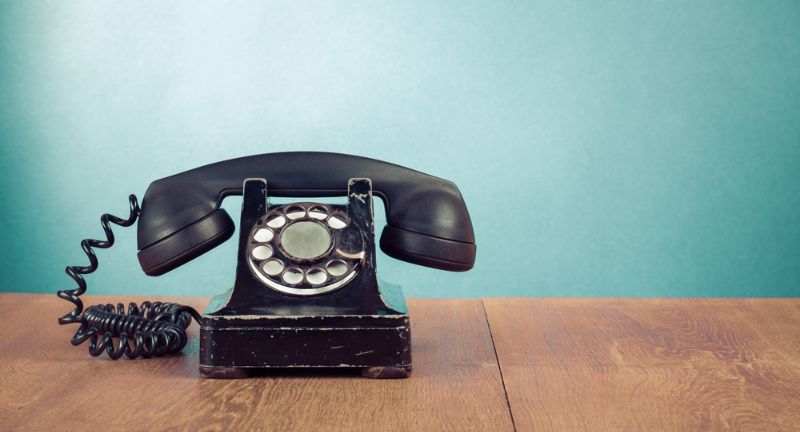
Shutterstock
Landline phones were once the cornerstone of communication, but they’re quickly becoming obsolete in favor of mobile phones. Boomers are among the last to rely heavily on landlines, as younger generations prefer smartphones. With the rise of digital communication, landlines will likely disappear entirely. Their decline marks the end of a major technological era.
Handwritten Letters

Shutterstock
Boomers grew up writing and receiving handwritten letters, but this form of communication has largely been replaced by emails and texts. The personal touch of a letter is cherished by Boomers, but younger generations rarely send them. As digital communication continues to dominate, handwritten correspondence is becoming a relic of the past.
Physical Maps

Shutterstock
Before GPS, physical maps were essential for navigation. Boomers were experts at folding and reading road maps, but today’s travelers rely on digital apps like Google Maps. Physical maps are now seen as cumbersome and unnecessary, and their use is fading fast. The transition highlights the growing dependence on technology for everyday tasks.
Drive-In Movie Theaters

Shutterstock
Drive-in theaters were a popular form of entertainment during the Boomer era, offering a unique social and cinematic experience. However, their numbers have dwindled due to the rise of indoor theaters and streaming platforms. While some drive-ins remain, they’re seen as nostalgic rather than practical. The charm of this tradition may soon fade away entirely.
Encyclopedias

Shutterstock
Encyclopedias were a staple of home libraries for Boomers, offering a wealth of knowledge at their fingertips. With the advent of the internet and resources like Wikipedia, printed encyclopedias have become obsolete. Few households still keep them, and they are mostly seen as collectibles. This shift reflects how information access has evolved dramatically.
Checkbooks
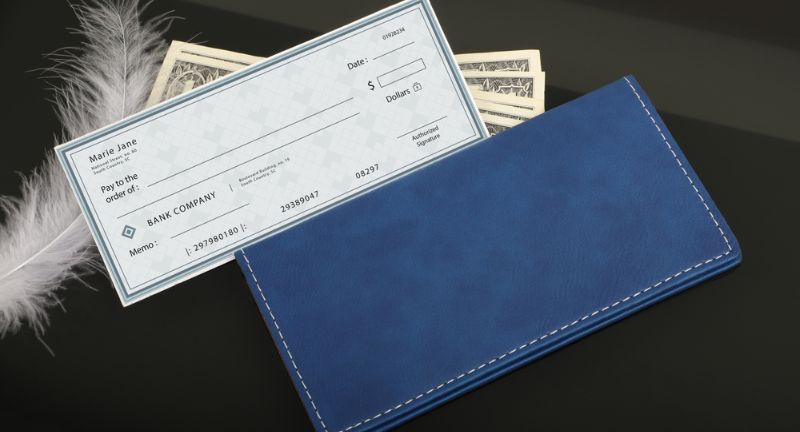
Shutterstock
Boomers are among the last to regularly use checkbooks, as digital payments and online banking have taken over. Writing checks is viewed as slow and outdated by younger generations who prefer apps like Venmo and PayPal. As electronic payments dominate, checkbooks will likely become a thing of the past. Their decline marks a major shift in how we handle money.
Formal China Dish Sets
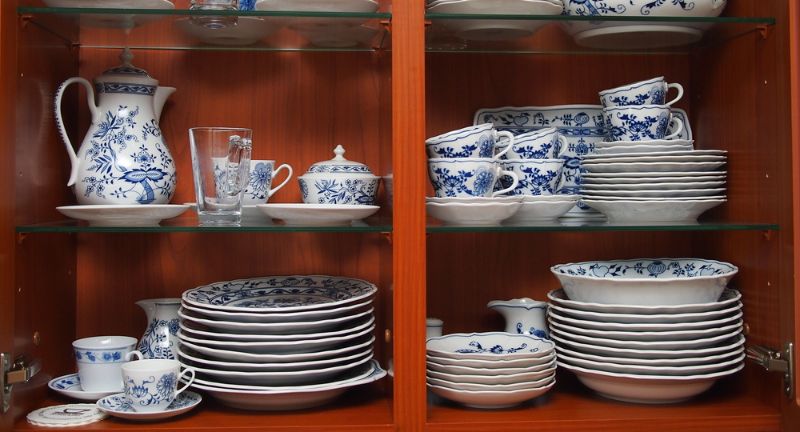
Shutterstock
Many Boomers own formal china dish sets, often reserved for special occasions. However, younger generations prioritize practicality and minimalism, making these collections less relevant. As fewer people inherit or use china sets, this tradition is fading. The shift reflects changing values around entertaining and homeownership.
Cable TV

Shutterstock
Boomers grew up with cable TV as the dominant form of home entertainment, but streaming services are now the go-to choice. Platforms like Netflix, Hulu, and YouTube have made cable subscriptions seem outdated and expensive. As the Boomer generation declines, cable TV is likely to fade into history. The entertainment landscape is evolving rapidly.
Cash Transactions

Shutterstock
Cash was king during the Boomer generation, but digital payment methods like credit cards and mobile apps have taken over. Younger generations rarely carry cash, relying on tap-to-pay and online transactions instead. The decline of cash highlights the shift toward a more cashless society. Traditional wallets may soon be a relic of the past.
Wood Paneling in Homes

Shutterstock
Wood paneling was a staple of home décor during the Boomer era, evoking a warm and rustic aesthetic. However, it has fallen out of favor with modern design trends emphasizing clean lines and minimalism. As older homes are renovated, this once-popular feature is disappearing. The decline of wood paneling reflects changing tastes in interior design.
Rotary Telephones
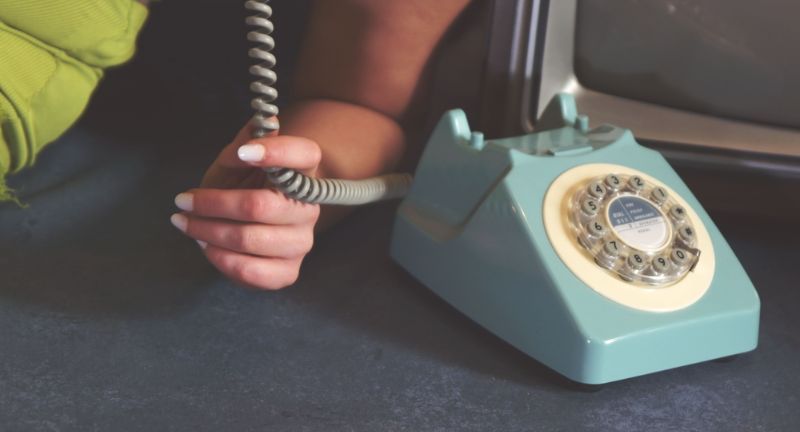
Shutterstock
Rotary phones, with their iconic spinning dials, were once a household staple. Boomers grew up dialing numbers on these devices, but touchscreens and voice commands have made them obsolete. Younger generations see them as quaint relics of a bygone era. Their disappearance marks the rapid advancement of telecommunication technology.
Manual Typewriters

Shutterstock
Manual typewriters, once essential for writers and office workers, have been replaced by computers and word processors. Boomers often recall the tactile experience of typing and the distinctive “clack” of the keys. While they hold nostalgic value, typewriters are now rare and mostly used as collector’s items. Digital tools have rendered them unnecessary in daily life.
Recipe Boxes
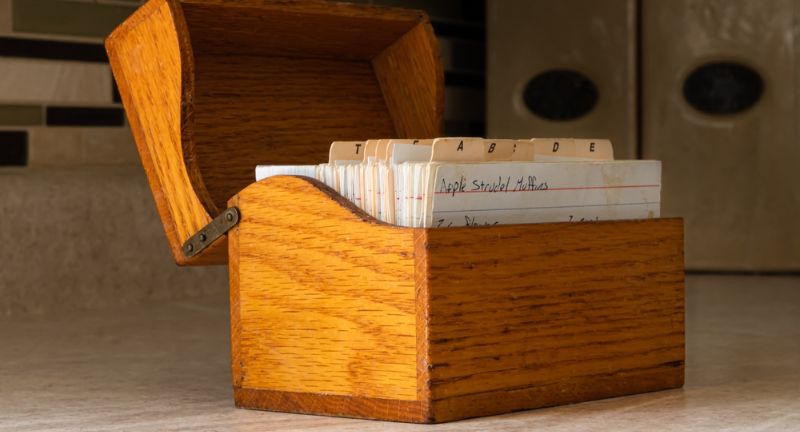
Shutterstock
Boomers often kept handwritten recipes in organized boxes, a treasure trove of family favorites. Today, digital recipe platforms and food blogs have replaced this tradition. Younger generations are less likely to maintain physical recipe collections, opting for searchable apps instead. This shift signifies how technology is reshaping even the most personal aspects of cooking.
Collectible Stamps

Shutterstock
Stamp collecting was a popular hobby among Boomers, offering a way to connect with history and geography. As digital communication replaced traditional mail, interest in stamps waned. While some collectors remain, the practice is no longer as widespread. The decline of philately reflects changes in how we communicate and preserve history.
TV Antennas
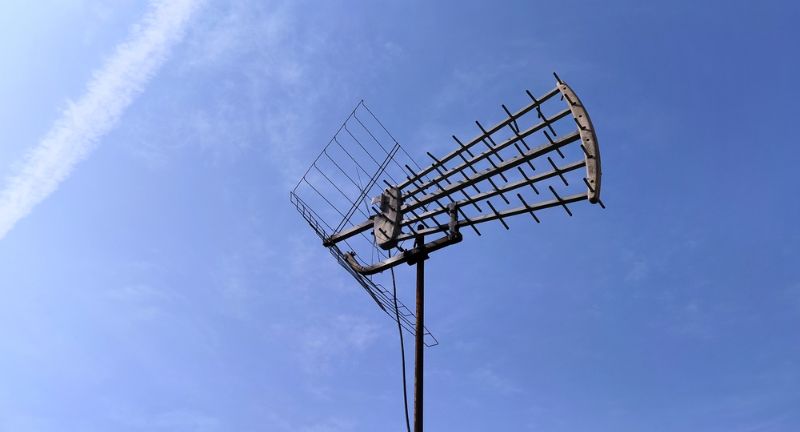
Shutterstock
Boomers remember adjusting “rabbit ears” to get a clear signal on their TVs, a ritual that’s almost non-existent today. With the advent of cable, satellite, and streaming, antennas have largely disappeared from households. This shift highlights the evolution of how we consume media. TV antennas are now more of a nostalgic memory than a necessity.
Home Phonebooks
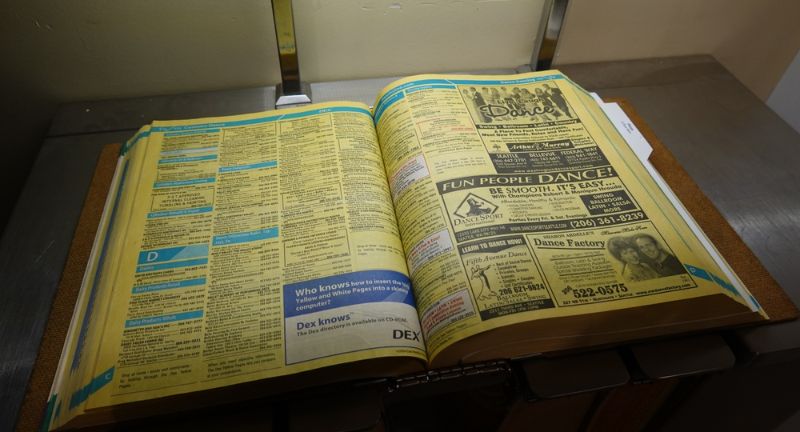
Shutterstock
Phonebooks were once a household essential for looking up local businesses and contacts. Boomers often flipped through these bulky books, but search engines and digital directories have made them obsolete. Younger generations rarely encounter phonebooks, as everything they need is just a click away. The decline of phonebooks marks the shift toward instant, digital access to information.
Department Store Catalogs

Shutterstock
Department store catalogs like those from Sears were once a cornerstone of shopping, especially during the holidays. Boomers remember flipping through pages to find everything from clothing to appliances. Online shopping has rendered these catalogs obsolete, with most stores now operating digitally. The nostalgia of catalog shopping is fading as e-commerce dominates.
Full-Service Gas Stations

Shutterstock
Full-service gas stations, where attendants pumped your gas and cleaned your windshield, were common in the Boomer era. Today, most stations are self-service, with full-service options becoming a rarity. The decline of this personal touch reflects the push for convenience and cost savings. Boomers may be the last to remember this unique customer experience.
Paper Boarding Passes

Shutterstock
Paper boarding passes were once the only way to check in for flights, but digital passes have largely replaced them. Boomers are among the last to regularly use printed passes, as younger travelers rely on mobile apps and QR codes. The disappearance of paper passes reflects the broader trend toward digital convenience in travel.
Bowling Leagues
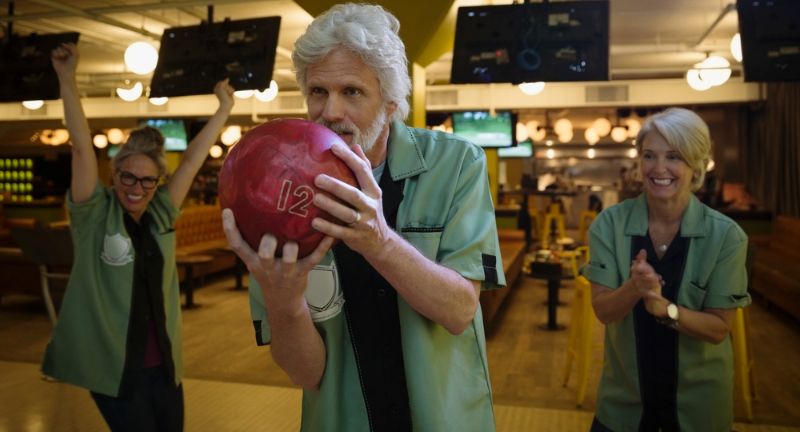
Shutterstock
Bowling leagues were a popular social activity for Boomers, fostering community and friendly competition. While bowling alleys still exist, league participation has declined significantly among younger generations. As Boomers age, this tradition is becoming less common. The decline of bowling leagues marks a cultural shift in recreational activities.
Home Milk Delivery

Shutterstock
Milk delivery services, where fresh milk was left on your doorstep in glass bottles, were a daily routine for many Boomers. This service has largely disappeared with the rise of supermarkets and modern refrigeration. While some niche delivery services remain, the widespread tradition is gone. Home milk delivery is now a nostalgic memory of simpler times.
Conclusion

Shutterstock
As the Boomer generation ages, many of their defining habits, traditions, and technologies are disappearing with them. These changes reflect the rapid evolution of society and the rise of new preferences and innovations. While some of these items and practices evoke nostalgia, others are being replaced by more efficient or modern alternatives. Embracing these shifts highlights how each generation leaves its mark on history.






















































